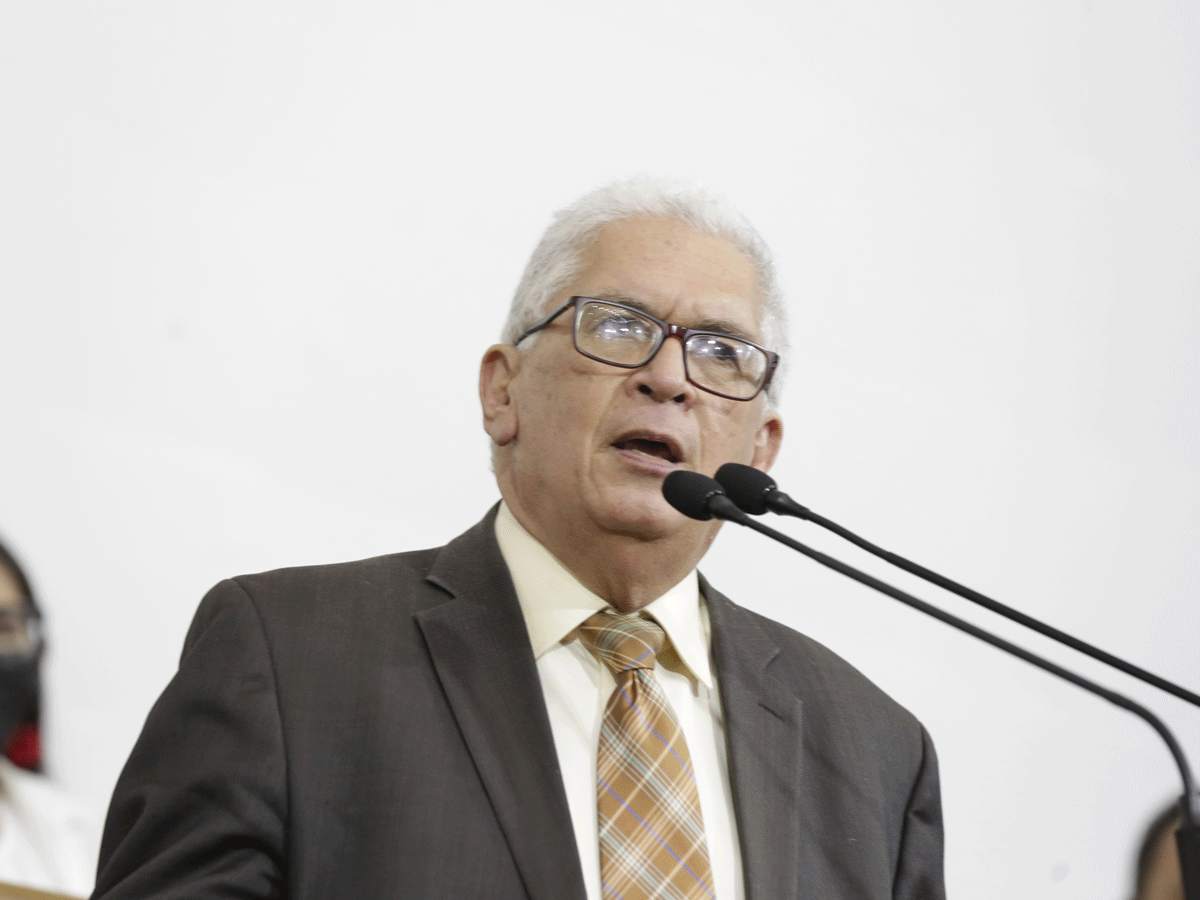More of 24 thousand divorces were registered in the province of Buenos Aires during 2021after the quarantine arranged to avoid coronavirus infections, which means the highest rate recorded in the last 15 years in the district with the largest population in the country.
Precisely during the two years of pandemic the formalization of marital breakdowns doubled, going from 12,382 to 24,551 between 2020 and 2021according to data from the Provincial Registry of Persons accessed by Télam within the framework of the 35th anniversary of the Binding Divorce Law, which was sanctioned and enacted in Argentina in June 1987.
According to the computerized registry of the agency, in the last fifteen years the number of divorces in the province of Buenos Aires were: in 2019 a total of 13,318; in 2018, 11,940; in 2017, 15,422; in 2016, 14,897; in 2015, 15,798; in 2014, 15,968; in 2013, 13,586; in 2012, 14,835; in 2011, 10,542; in 2010, 17,522; in 2009, 14,146; in 2008, 15,983; and in 2007, 14,694.
So far in 2022, meanwhile, divorces amount to 9,486, making a total of 235,070 since 2007.
“The data has been quite even in relation to the years, with the exception of 2021, which is the post-pandemic year,” they analyzed from the People’s Registry of the Buenos Aires Ministry of Government.
They clarified that they do not have “the information regarding grounds for divorce or what the increase in number can answer, since they are processed in the various courts and this body only receives the official letter with the divorce decree to carry out the registration.”
However, different Justice actors consulted by this agency reflected that both the emotional, health and psychological crisis that the pandemic generated in the world, as well as forced coexistence 24 hours a day, may have deteriorated the bonds of couples.
“Undoubtedly, the increase must have to do with the pandemic. The court numbers also reflected that increase,” La Matanza Family Judge Maite Herrán told Télam, adding that the increase in separations “may have to do with the lockdown”.
“Undoubtedly, the increase must have to do with the pandemic. The court numbers also reflected that rise”
In this context, he maintained that “much of the life of the marriage perhaps had to do with the existence of that outside, and in the coexistence with such an iron confinement of 2020, that became very uphill, especially in relation to the division of housework, school zooms, doing homework and working from home.
Meanwhile, the head of the Family Court No. 6 of the Buenos Aires capital, María del Rosario Rocca, evaluated not being able to know for sure the reasons for the increase in divorces since in the process “the causes are no longer invoked.”
However, he considered that “several issues may have had an impact, such as the fact that in a pandemic registration registration was greatly streamlined from digital and that in quarantine the family courts never stopped and worked normally.”
With everything, the judge stated that in the years 2020 and 2021 “there was a lot of intergender violence and violence against children, and a lot of problematic consumption of alcohol and substances“and stressed that”that family violence affects divorces“.
Increased gender violence
In this line, the counselor of the Family Court No. 6 of La Plata and professor of the Faculty of Legal and Social Sciences of the UNLP, María del Carmen Aleman, analyzed that “the fact of being all together isolated within the home during the pandemic , did not collaborate in all the conflicts that we already had socially in the framework of the families”.
Thus, he graphed that in that period “cases of gender violence also increased” and stressed that “there are many social changes, including the empowerment of women that also encourages new forms of family.”
At the same time, the counselor highlighted that “by dint of the pandemic, the Judiciary had to be 100% digitized, which facilitated access to Justice” and said that during the quarantine, people, by phone or online , they could access a defender or a lawyer”.
“They are all factors that caused divorces to increase. That rise is seen as something negative, but sometimes it is a way to access Justice. Now there are even notifications on WhatsApp,” he added.
“During 2020 many activities were put on standby, but we continue working, we never stop. But it is true that many people had problems accessing justice, because the lawyer was not attending, or because there was no money to register those divorces and they were only registered in 2021,” Judge Mauro Cerdá, head of Family Court No. 8, told Télam.
He asserted that “there are other circumstances: in 2021 we began to register divorces directly in the courts and that year the Registry also took out a lot of backlog.”
Still, he acknowledged that “there may also have been implications for people coming face-to-face with their partner 24/7, which brought a lot of issues to light.”
cultural changes
In this line, the lawyer specialized in Family Law Ana Rosenfeld explained that “the pandemic influenced everything: there were cultural, social, economic changes and changes in the functioning of what a couple was” and added that “there was a lot of violence and daily fighting that ended up generating separations”.
“Before it was getting up, going to work and coming back at night to have dinner and sleep. This living together 24 hours a day generated a change in the human being, in thought and in values, and caused tolerance to be lost” , he stated.
He later pointed out that “not everyone was lucky enough to have a stable economy, so work problems and economic difficulties were generated, which inevitably generates tensions in the couple” and asked to consider that “this is added to the fact that the boys did not go to school and many times there are few areas to zoom in on work and school”.
“All this could have generated an emotional imbalance in the spouses, which produced an increase in divorces”Rosenfeld estimated and highlighted: “I see people’s private lives and there are more and more inquiries for divorces or termination of concubinage. It is impressive, the pandemic has passed and left a boom.”
He reflected that “beyond the fact that couples have an expiration date”, in a pandemic “there was an internal mobilization and separations occurred not only among young people but also among middle-aged people, who have grown children and prefer to live alone rather than be ill “.
Finally, a study by the UBA Faculty of Psychology Observatory published in 2020 indicates that the coronavirus pandemic deteriorated the relationship of one in three couples, which ratifies the expressions of the specialists consulted.








